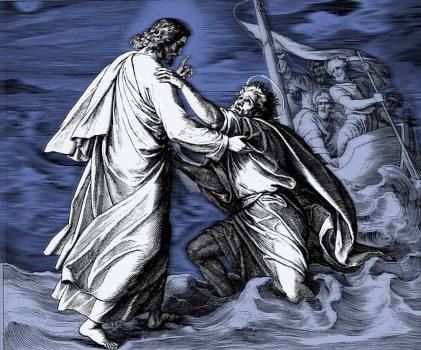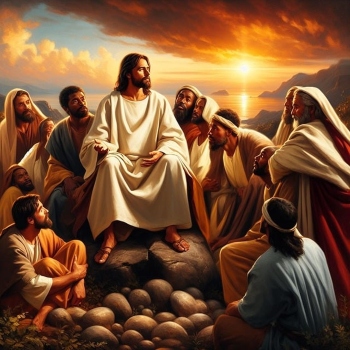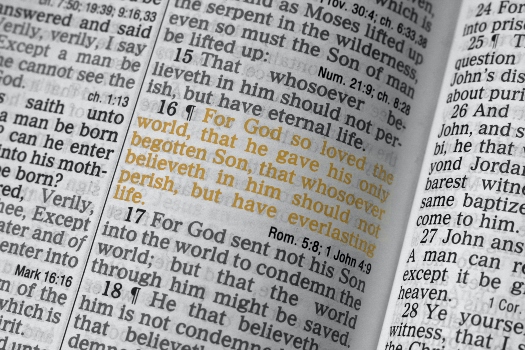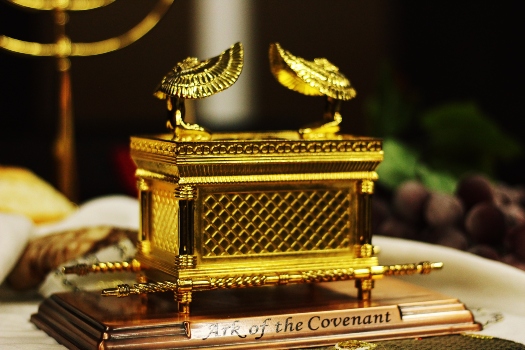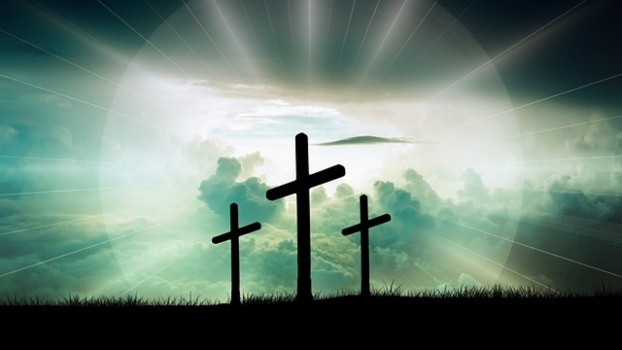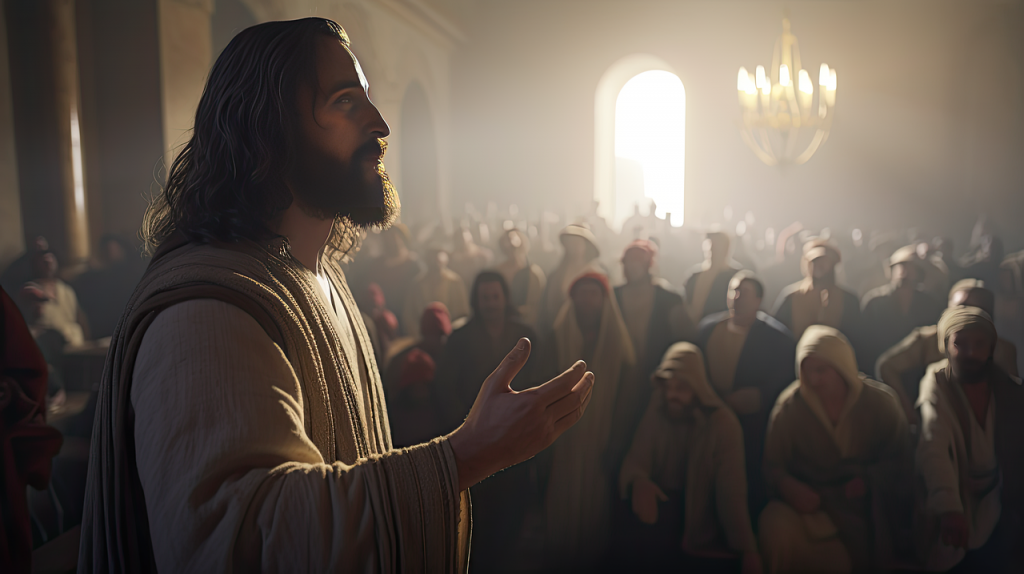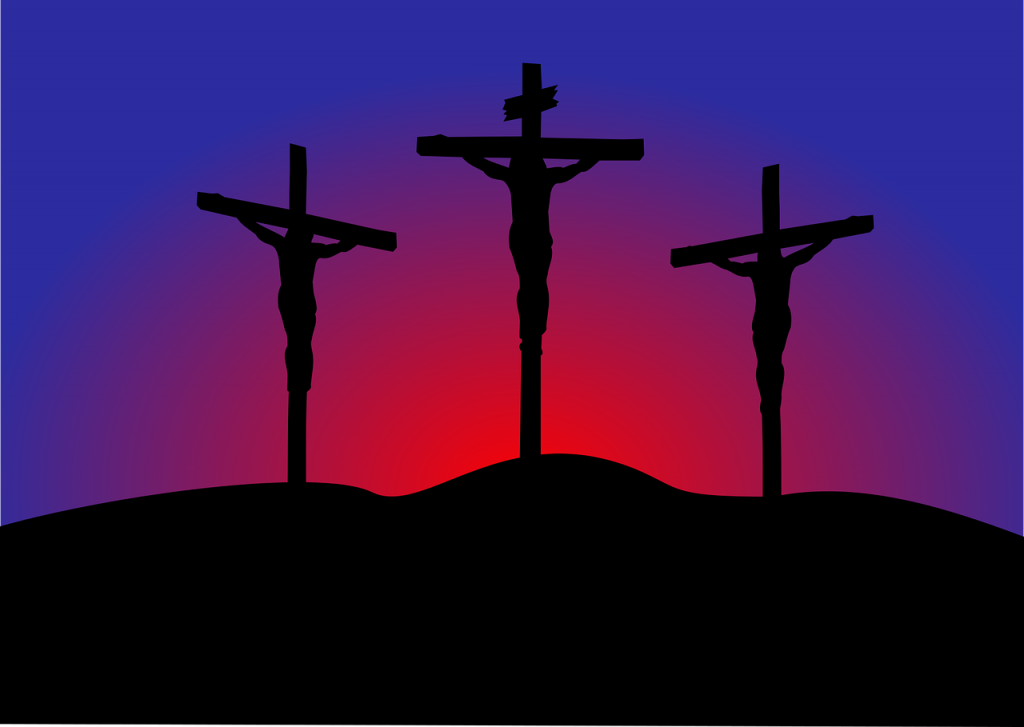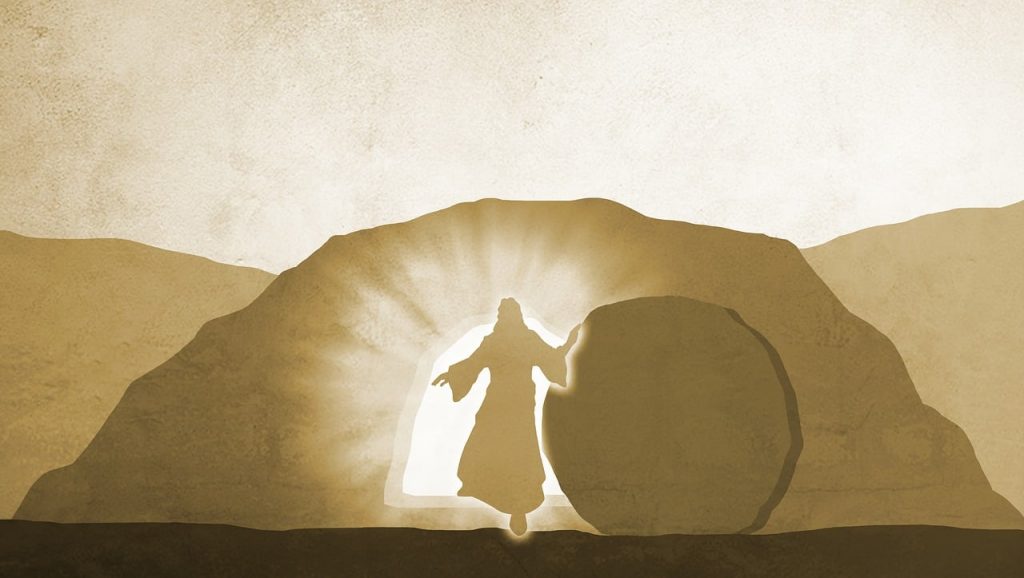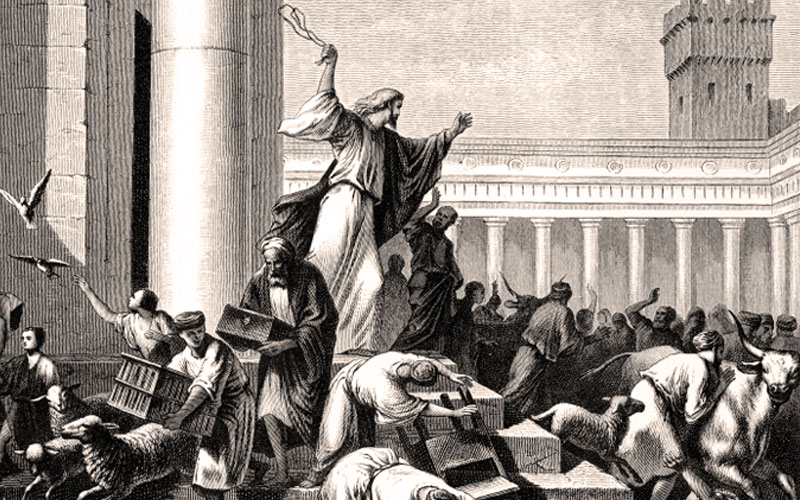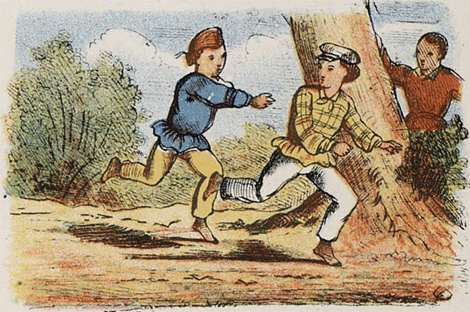Hopefully We’re Wiser Than He Was
Making decisions can be a hard thing. Should I do this, or should I do that? It’s easier when there’s a clear choice of good or bad.
It’s much harder when it’s deciding between good and good.

Wouldn’t it be nice if God would just tell us what to do?
The problem with this is that we would not have free will. We would be nothing more than puppets. We wouldn’t like that either.
We just need wisdom to help us make these choices.
Solomon is often associated with wisdom. In 1 Kings 3:5-15, God comes to Solomon in a dream and asks him what he wants.
Solomon was a young man and had become the leader of a huge nation. He asks God for, “…an understanding heart so that I can govern your people well and know the difference between right and wrong. For who by himself is able to govern this great people of yours?”
The Lord was pleased that Solomon asked for wisdom.
So, God replied, “Because you have asked for wisdom in governing my people with justice and have not asked for a long life or wealth or the death of your enemies— I will give you what you asked for! I will give you a wise and understanding heart such as no one else has had or ever will have!
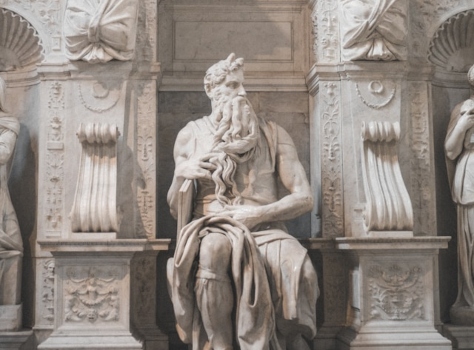
And I will also give you what you did not ask for—riches and fame! No other king in all the world will be compared to you for the rest of your life!
And if you follow me and obey my decrees and my commands as your father, David, did, I will give you a long life.”
Later, Solomon starts listening to the wrong voices…mainly his 1000 wives. (1 Kings 11:1-13)
“In Solomon’s old age they turned his heart to worship other gods instead of being completely faithful to the Lord his God, as his father, David had been. In this way, Solomon did what was evil in the Lord’s sight; he refused to follow the Lord completely.
The Lord was very angry with Solomon, for his heart had turned away from the Lord…”
Both David and Solomon received direction and blessings from God, but their lives ended up drastically different.
David made plenty of mistakes, but he repented and realigned with God. Solomon, on the other hand, did not. This resulted in consequences for Solomon’s family and the entire kingdom.
We need to constantly be in communication with God. This ongoing, nonstop connection is the only way that we can align our desires with His. Sure, we’ll make mistakes and wrong decisions. This is what happens in a fallen world.

But we also have the power of choice and can ask for forgiveness and repent of those mistakes. David chose this and Solomon didn’t.
We need to align what we ask from God with God.








